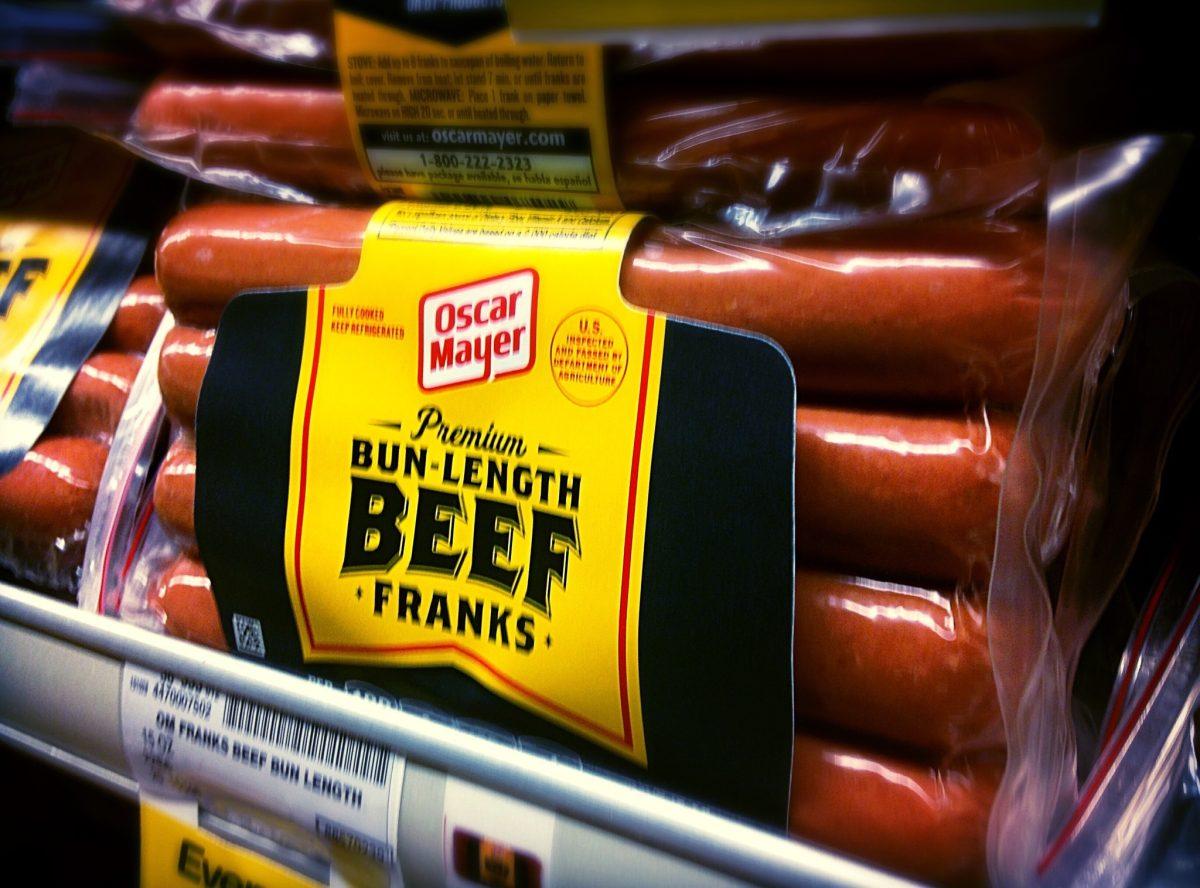On Monday, experts from the World Health Organization (WHO) made a discovery that people may find hard to digest.
A group of 22 scientists from ten different countries evaluated more than 800 studies and found that consuming processed meats such as hot dogs, ham, bacon and other red meats raise an individual’s risk of developing colon cancer in the future.
“I think it’s shocking that they’re aware of the illnesses that are linked by consuming processed meats and will continue to sell it to the general public,” said Manuel Luna-Castelo (senior, Kinesiology). “I believe they’ve known for years but have managed to sweep it under the rug along with any other consequences.”
According to the New York Times, this new report identifies processed meats as a Group 1 category, which means that WHO has enough evidence that can link this food to cancer causing carcinogens. Other substances delegated into this category are asbestos, alcohol and tobacco.
No specific guidelines were offered on the consumption of these meats; however, they did caution that any risks attributed to processed meats were relatively small. The panel of experts, which defined processed meats as a substance that is transformed through salting, curing, fermentation, smoking and other processes to enhance flavor, say that these findings give individuals more reasons to “moderate” such consumption.
Although processed meats are now categorized within the same field as these other substances, it’s important to note that even things such as aloe vera are also listed as possible carcinogens. Experts say that this does not necessarily mean that they are all equally bad, but rather, the evidence is meant to indicate that they increase one’s own risk of cancer “equally strong.”
The LA Times reports that for every 50 grams of processed meat eaten per day, the risk of colorectal cancer increases by 18 percent. In comparison, consuming 100 grams of red meat per day increased the risk of this same cancer by 17 percent.
In addition, the International Agency for Research on Cancer says that high-temperature cooking methods that put meat in direct contact with flames, such as barbecues, produces more carcinogenic compounds adding to the already existing risks.
“These are studies that draw correlation, not causation,” said Shalene McNeill, director of Human Nutrition Research at the National Cattlemen’s Beef Association. “So these are studies that cannot be used to determine cause and effect.”
The panel’s conclusions have triggered strong responses from environmental groups that are now demanding the meat industry attaches warning labels on products sold. Such responses have prompted associates within the meat industry to have experts put these studies from WHO into context, considering they don’t take into account an individual’s previous risk factors that contribute to the development of cancer such as smoking, diet, and exercise.
Categories:
Hot dogs causing high risks
Renato Gutierrez
•
October 29, 2015
0
More to Discover







